We have no idea whether Vladimir Putin is serious about peace negotiations with Ukraine. He may simply be going through the motions while enjoying the spectacle of the West engaging in mutual recrimination and performative outrage, or he may genuinely feel there are grounds for some kind of agreement. More likely, given his track record as a tactician rather than a strategist, he is simply seeing what opportunities emerge.
Nonetheless, his choices of format, venue and representatives may give us some sense of his intentions. His lead negotiator at abortive talks in Istanbul in 2022, for example, was Vladimir Medinsky. A former minister of culture, his main claim to fame was as an outspoken champion of “patriotic” culture, funneling money to everything from history textbooks to action films that portrayed a gung-ho, nationalistic perspective on Russia’s past. As such, he was regarded by many as an essentially lightweight, cartoonish figure. This was probably unfair, as it likely was simply that in those talks Putin wanted a loyal factotum rather than the kind of serious operator who might have his (or her) own ideas as to how to handle the talks. Nonetheless, the choice of Medinsky hardly helped set a positive tone for those negotiations.
According to Bloomberg, though, this time round the Kremlin is “assembling a heavyweight team with decades of experience in high-stakes negotiations,” which would immediately mark a change from past practice. The reports suggest that the key figures will be presidential aide Yuri Ushakov and Foreign Intelligence Service (SVR) director Sergei Naryshkin, with an informal role also being played by financier Kirill Dmitriev.
The position of presidential aide is an ambiguous one in the Russian system, which can mean much or little. It can be an honorific step towards retirement, as for former Security Council secretary Nikolai Patrushev, or it can be a trusted hatchet-man or advisor of the president. In Ushakov’s case, it is definitely the latter. The seventy-seven-year old veteran diplomat has been Putin’s main foreign policy advisor since 2012, and as foreign minister Sergei Lavrov’s standing and influence diminish, Ushakov’s role has only grown. He was ambassador to Washington from 1998 to 2008, through Putin’s first two presidential terms — when cooperation was more of a priority than confrontation — and a former staffer from the US embassy in Moscow has described him as “a consummate diplomatic operator” and a “deal-maker.”
Naryshkin, whose frequent public pronouncements are laced with a heavy dose of anti-Western conspiracy theory (most recently he suggested that Poland had imperial designs on the west Ukrainian city of Lviv) may seem a less obvious choice. The SVR has already been involved in quiet engagement with the CIA, though, and despite his KGB background, Naryshkin is more politician than spook. A former parliamentarian before he was transferred to his current position as part of a reshuffle, he is an ardent amateur historian and, at seventy, seems eager for elevation to a comfortable sinecure in the Senate. He is a political operator in his own right as a former speaker of the State Duma, the lower chamber of the legislature, but also a Putin loyalist, whom the president can rely on to keep an eye on the domestic political implications of any deal, while Ushakov focuses on the geopolitics.
Finally, Dmitriev, who was educated at Stanford and Harvard, and worked for both McKinsey and Goldman Sachs, before returning to Russia and now running the country’s sovereign wealth fund, would be the potential wild card in the Russian hand. He may be used both as an unofficial back-channel, and also as someone able to connect with the unconventional and transactional approach adopted by Donald Trump. Indeed, he appears to have played a key role in arranging the release of imprisoned American teacher Marc Fogel this week. This gave Trump a public success of the kind he so likes, and in the process, opened the way for this week’s fateful conversation: a pretty good exchange as far as Moscow is concerned.
In other words, although it is impossible at this stage to say how and even when or whether the negotiations will happen, let alone how successful they may be, should those early indications be true, Putin is certainly taking them a great deal more seriously than some may have feared or expected.



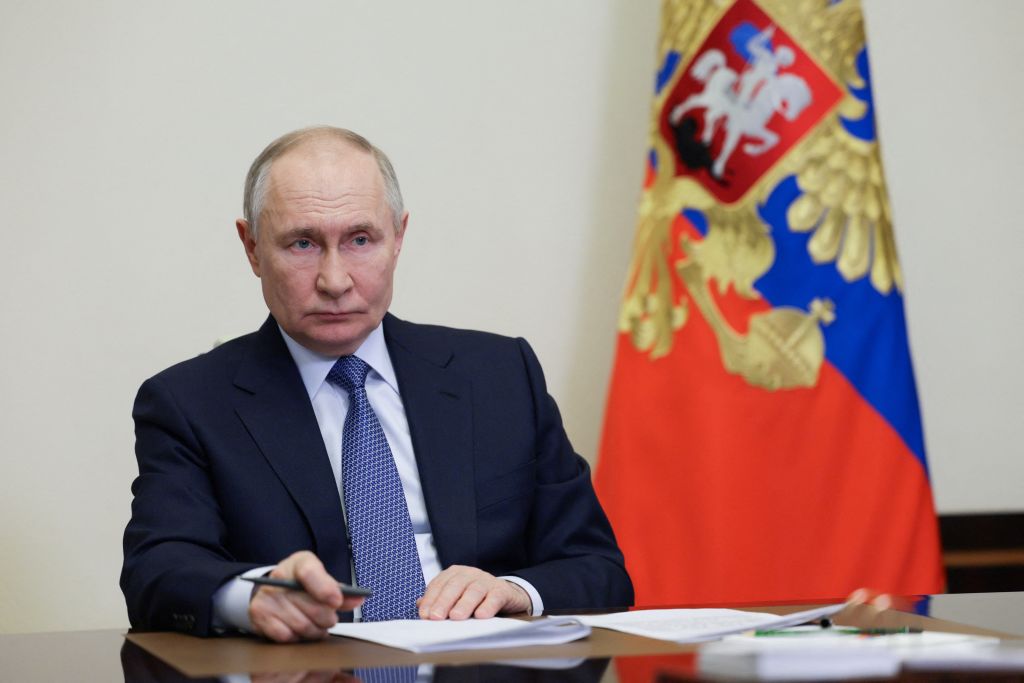






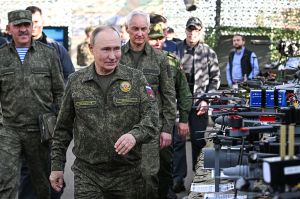
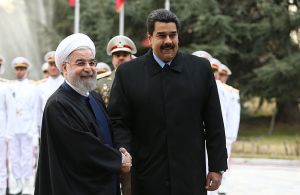
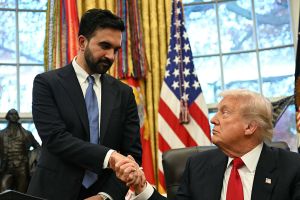



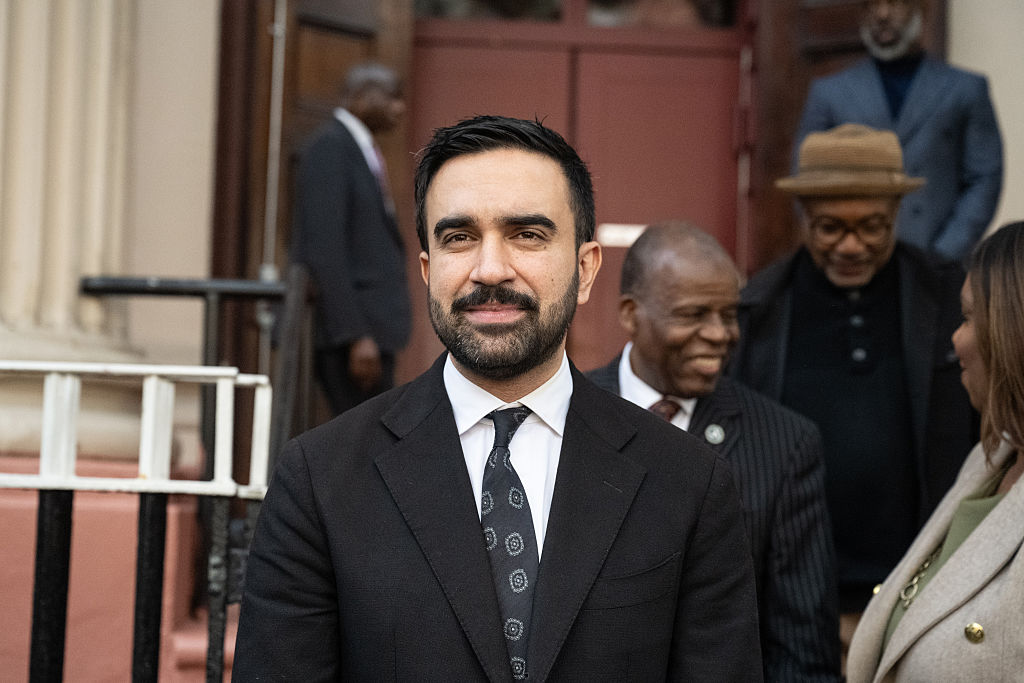









Leave a Reply